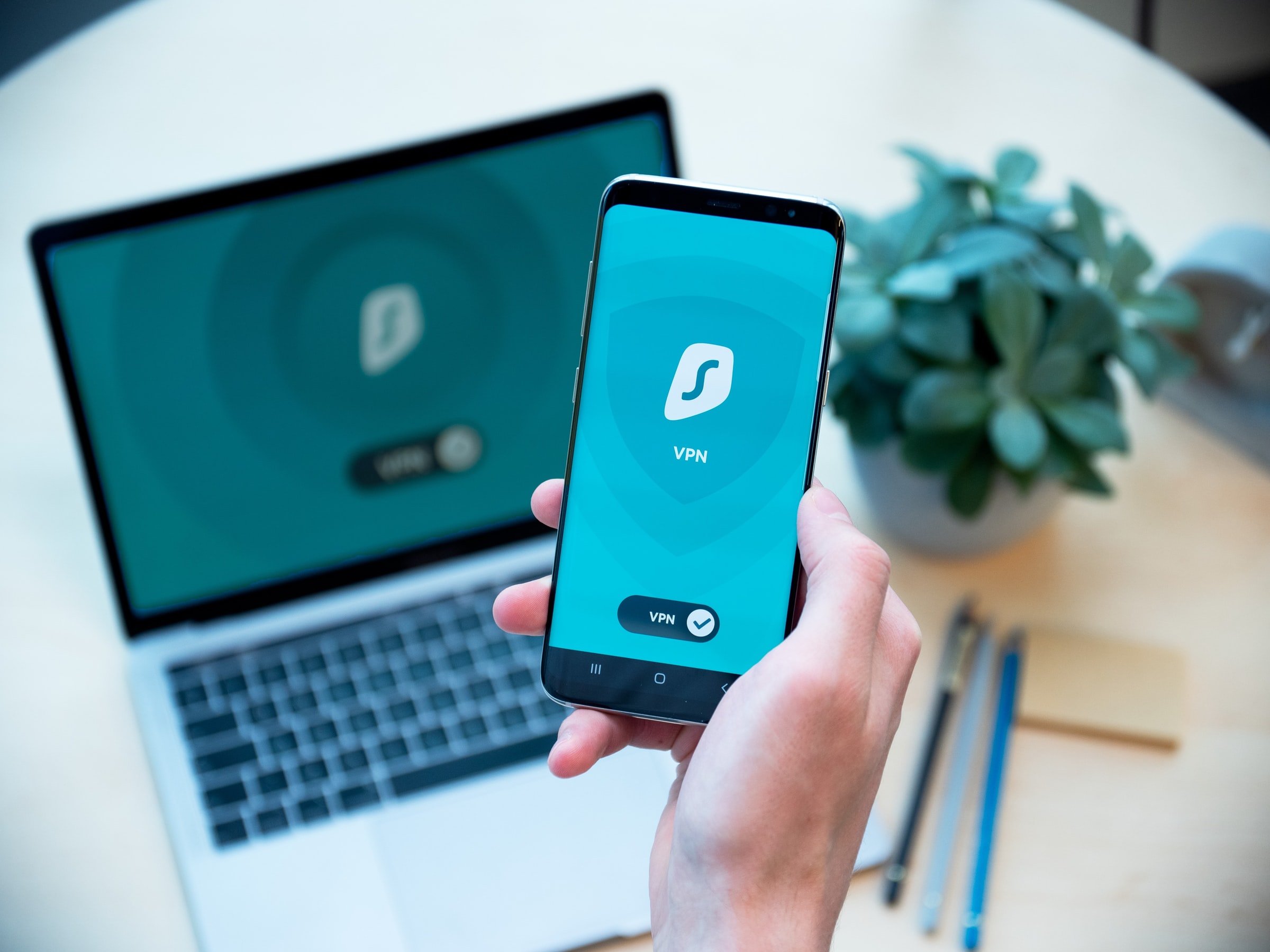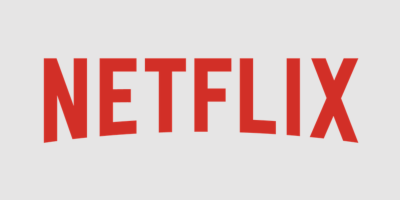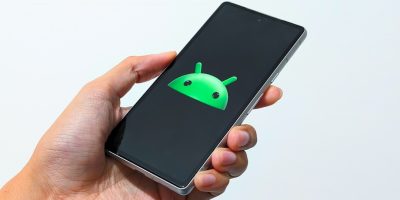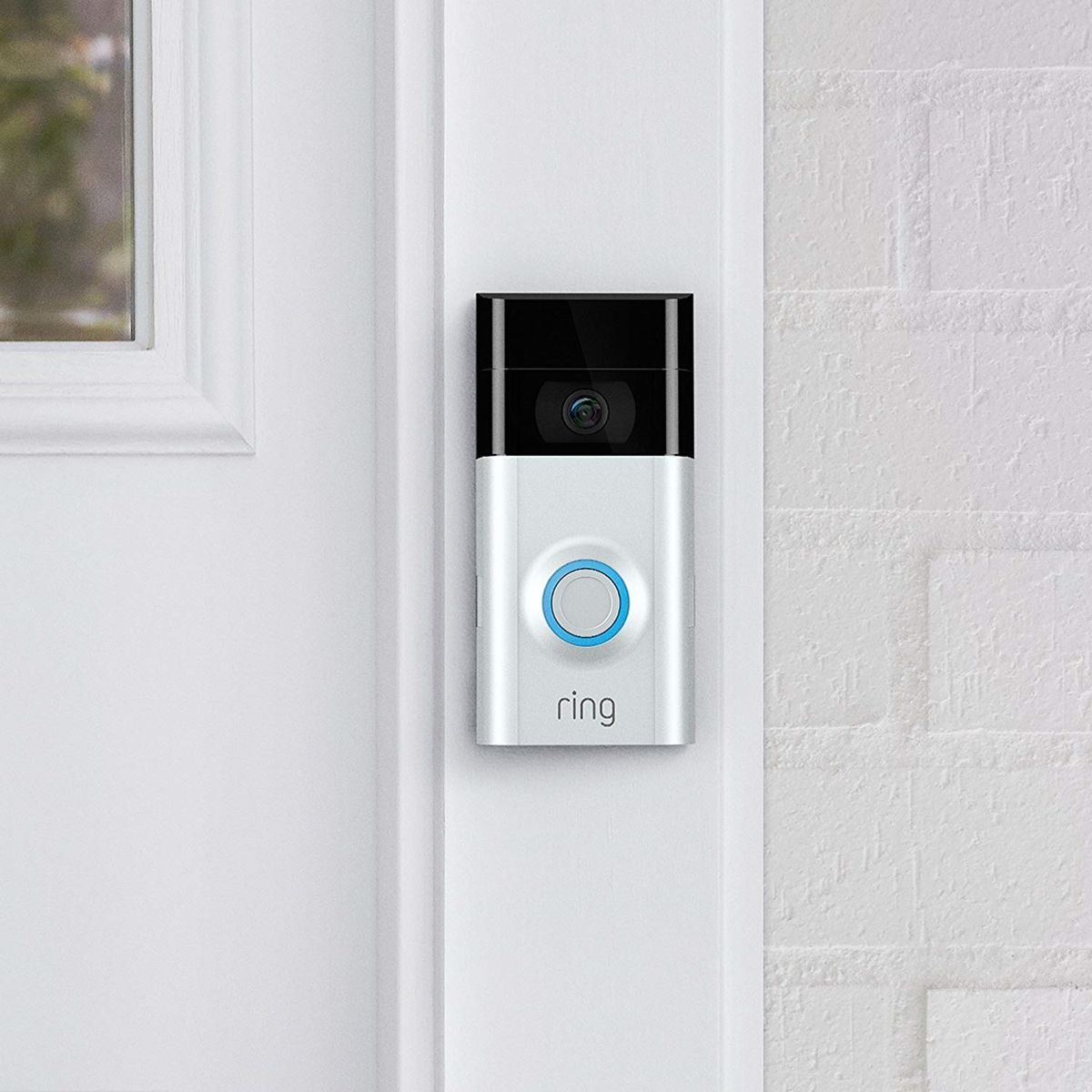Some of you might be surprised to learn that what’s available in your Netflix catalogue will differ greatly from those in another country. This is due to several reasons, such as licensing agreements, local government regulations and censorship of certain topics or content, and so on.
Another reason is also localization of content, where Netflix might want to attract local users to use their platform if there are shows catered to them in their language. All of this is why when you open Netflix in the US and open Netflix in Japan, you will be greeted by different types of shows.
So, how do you watch Netflix or other streaming services that might not be available in your region? The simple answer: VPN.
Unlock streaming services using a VPN
There are many VPNs available out there. Some are free, and some are paid. Typically speaking, the free VPNs don’t really work in terms of unlocking region-locked content, but they have their uses (more on that later). Instead, chances are you might be better off with a paid VPN service, many of which advertise their ability to unlock streaming services.
Do take note that depending on the VPN, not all of them can unlock every single streaming service. For example, some might only work with Netflix, some might work with Netflix and Disney+, and so on, so depending on your needs, you can choose the one that’s right for you.
ExpressVPN
Compared to other VPN services, ExpressVPN seems to be the one that can unlock the most streaming services. According to the company, this includes Netflix, Amazon Prime Video, BBC iPlayer, Hulu, Sling TV, and HBO, just to name a few. The service also offers a wide range of servers and locations for you to choose from.
NordVPN
Along with ExpressVPN, NordVPN is also another popular option when it comes to VPN services that can unlock streaming services. They too advertise a wide range of services that they claim they can unlock, which includes Netflix, Amazon Prime Video, BBC iPlayer, Hulu, Sling TV, and HBO, just to name a few.
Surfshark
One of the advantages that Surfshark has over some of the competition would be its price. For those willing to subscribe for an extended period of time, it actually works out to be rather affordable. So far, tests have found that the service is capable of unblocking services like Netflix, BBC iPlayer, Hulu, Amazon Prime, and HBO.
So now that you’ve signed yourself up for a VPN, what’s next? Basically the steps are simple:
- Launch the VPN
- Choose a server location/country
- Connect
- Launch your streaming service and you should now be able to browse content from that region you connected to
What is a VPN, and do I need one?
Whenever you surf the web and connect to a website or service, that request is routed through your ISP. This means that your ISP knows what you’re doing and what websites you are visiting. Websites, in turn, also know where you’re coming from which is why sometimes websites will redirect you to a localized page if it’s available.
What a VPN does is that it acts like an in between you and your ISP. The requests sent pass through the VPN, who then masks your IP address with their own, meaning that what you do is essentially hidden from the eyes of your ISP.
In the case of streaming services, it makes the platform think you’re coming from a specific location. So if you connected to a Singapore VPN server, Netflix might think you’re watching from Singapore and show you its Singaporean library of shows.
Due to the fact that it can mask your IP address, VPNs are also useful for people who in general just value their privacy. It can also be useful for journalists who might want to protect their identities online when interviewing sources or researching topics. It can also be used to protect your online information when you need to perform sensitive activities like online banking.
So like we said earlier, while free VPNs might not be able to unlock streaming services, at its core it does what we just mentioned, so in a pinch if you need a bit of privacy, free VPNs should be able to get the job done.











Comments